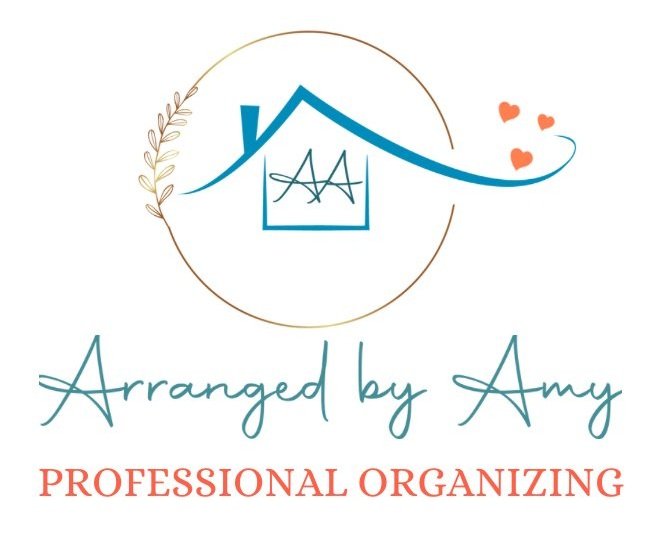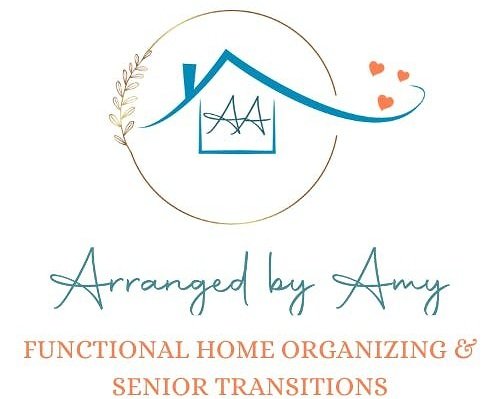The Psychology of Clutter: Clearing the Path to Mental Well-being
Have you ever wondered why decluttering can feel so liberating? It's not just about tidying up your living space; it's about decluttering your mind and nurturing your mental well-being. Let's delve into the fascinating world of clutter psychology and how a clutter-free environment can positively impact your life.
The Roots of Organization Problems: Guilt and Shame
When we talk about decluttering, we often encounter feelings of guilt and shame. You may have experienced these emotions when contemplating letting go of something you don't use or love. The guilt emerges from the idea that you should find value in every item you own, while the shame tells you that you're somehow failing by holding onto things you no longer need.
These feelings are entirely normal, but they can be paralyzing. The truth is, you're not alone in these emotions, and decluttering is not just about the physical act of tidying up—it's a journey that touches your soul.
Disconnecting from Materialism
One of the greatest hurdles in decluttering is the materialistic attachment we form with our possessions. We live in a world that often associates success and happiness with the accumulation of stuff. This constant bombardment from advertising and societal pressure can make us feel incomplete without a house full of belongings.
Yet, when you declutter, you take a step back from this materialistic mindset. You realize that you are worth more than the stuff that's been cluttering your space. Decluttering is an act of self-love and self-care. It's a way of showing yourself that you deserve a peaceful and organized home that promotes your mental well-being.
Clutter and Stress: The Science Behind It
Numerous studies have explored the connection between clutter and stress. The chaos and disarray of a cluttered space can overwhelm your senses, making it difficult to relax and focus. This persistent state of stress can have a significant impact on your mental health.
When you clear that clutter, you create a serene, stress-free environment where you can breathe and think clearly. The act of decluttering isn't just about creating physical space; it's about clearing mental space too. It's like a breath of fresh air for your psyche.
The Impact on Relationships
Clutter doesn't just affect you—it can impact your relationships, too. When one partner in a relationship is overwhelmed by clutter, it can build resentment in the other. The lack of assistance or collaboration in tackling the mess can lead to friction and discord. Decluttering isn't just an act of self-love; it can also be an act of love towards those you share your life with.
Clearing Mindset Clutter
Professional organizers do more than just tidy up; they help you clear the clutter from your head. The guilt, shame, and embarrassment associated with clutter are not a reflection of your worth. We work on decluttering not just your home but your mindset, too. It's about letting go of the notion that your worth is tied to your possessions.
More Time, Space, and Joy
When you clear the physical and mental clutter, you make room for what truly matters. You have more time to spend with loved ones, more space to enjoy, and more joy in doing what you love. Decluttering is not just about the stuff; it's about feeling better, inside and out.
By decluttering, you're showing yourself love and compassion. You're giving yourself the gift of a peaceful and organized space where you can thrive and be your best self.
At Arranged by Amy, I’m here to guide you through the transformative journey of decluttering, from your physical space to your mental well-being. Start experiencing the benefits of a clutter-free life and let's clear the path to a brighter, lighter you.

